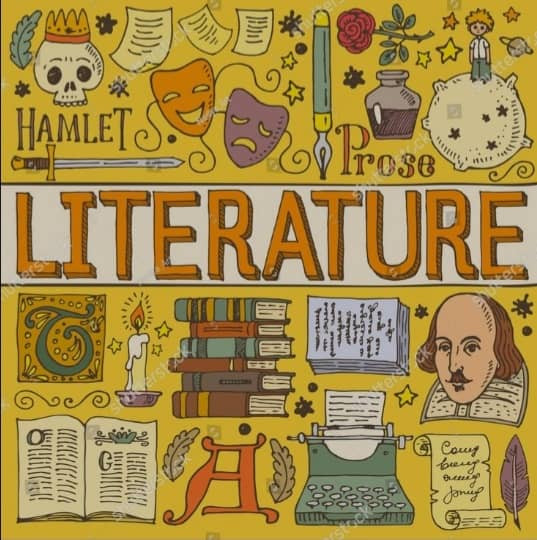- Teacher: FERDINAND BIZIYAREMYE
- Teacher: Leonard MUNYEMBIBI
- Course creator, Teacher: Faustin Dr.KIGABO
Iri somo ry'ikusanya ku buvanganzo nyarwanda rigizwe n'ibice bibiri:
1. Ikusanya ku buvanganzo nyamvugo
Hakubiyemo ingeri z'ubuvanganzo nyemvugo: imigani miremire, imigani migufi, ibisakuzo, indirimbo, indahiro n'ibindi.
2. Ikusanya ku buvanganzo nyandiko.
Hakubiyemo ingeri z'ubuvanganzo nyandiko: inkuru ndende, inkuru ngufi, imivugo, imyandiko y'ikinamico, inkuru ishushanyije, inkuru buhamya
1. Ikusanya ku buvanganzo nyamvugo
Hakubiyemo ingeri z'ubuvanganzo nyemvugo: imigani miremire, imigani migufi, ibisakuzo, indirimbo, indahiro n'ibindi.
2. Ikusanya ku buvanganzo nyandiko.
Hakubiyemo ingeri z'ubuvanganzo nyandiko: inkuru ndende, inkuru ngufi, imivugo, imyandiko y'ikinamico, inkuru ishushanyije, inkuru buhamya
- Teacher: Sylvestre NGARAMBE

This module is a 15 credits course with 2 parts. Part one is concerned with a short Survey of English Literature. Part two involves survey of African literature in English.
In each of the two parts, the history of literature in English is highlighted with particular focus on major genres and authors for each period.
This module helps students in the exploration of African, and British literature. It gives insights into the evolution of British literature, drama and novel and their impact in literatures that developed in Africa.
In each of the two parts, the history of literature in English is highlighted with particular focus on major genres and authors for each period.
This module helps students in the exploration of African, and British literature. It gives insights into the evolution of British literature, drama and novel and their impact in literatures that developed in Africa.
- Teacher: Gabriel BAZIMAZIKI
- Teacher: CLEMENT MAHORO
